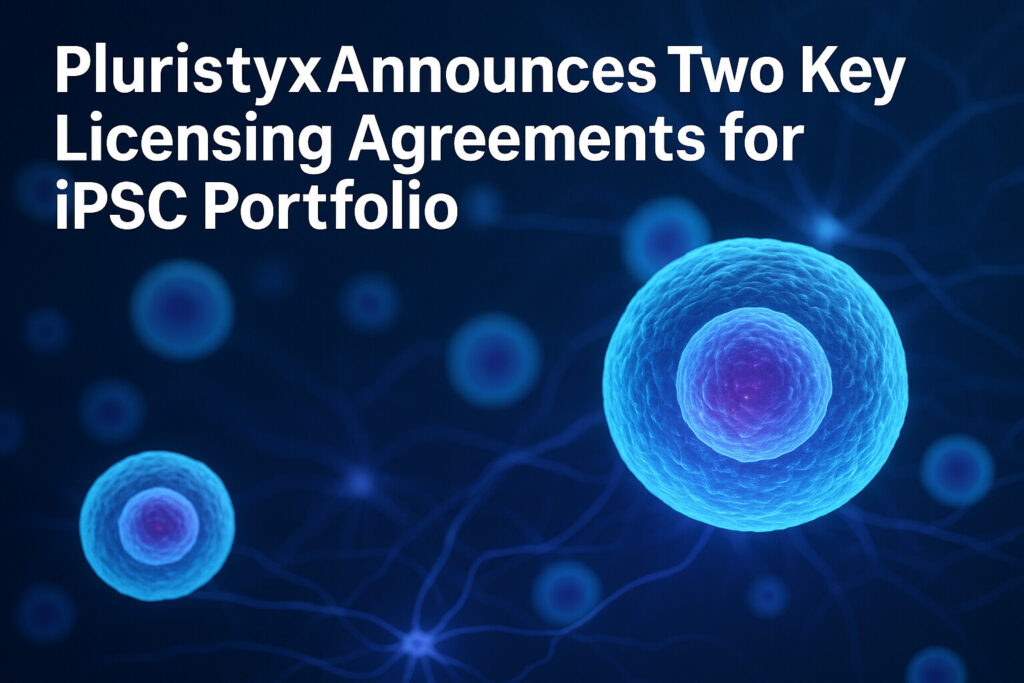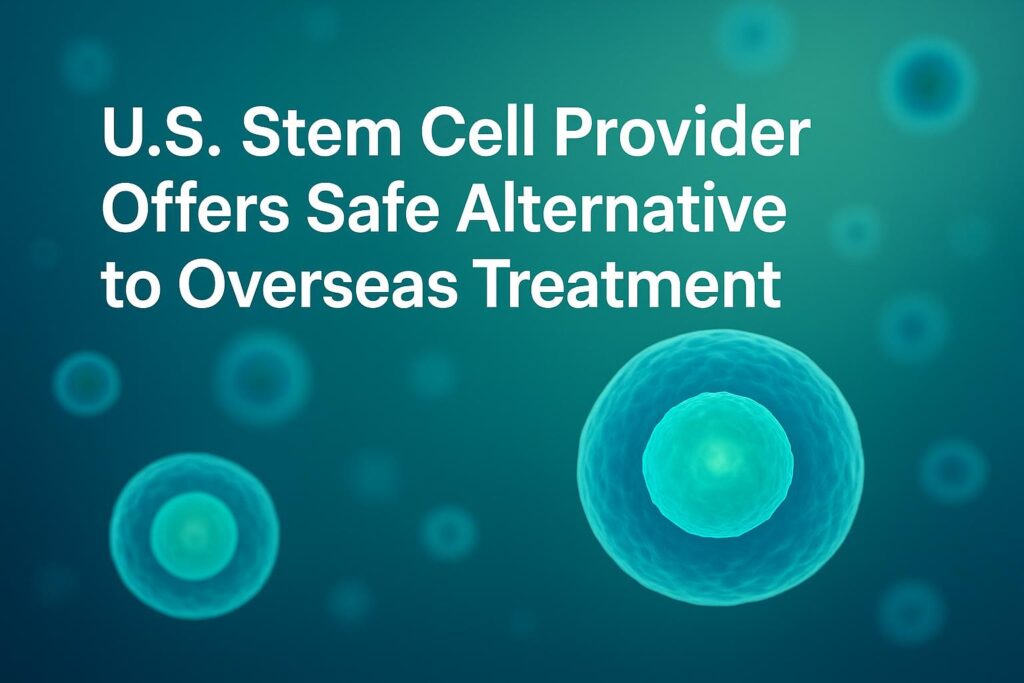Cedars-Sinai investigators, in partnership with Axiom Space of Houston, are preparing to send stem cells to space in early May to study the effects of microgravity on their production.
This groundbreaking mission, funded by NASA, will involve astronauts manufacturing induced pluripotent stem cells (iPSCs) aboard the International Space Station (ISS) for the first time.
The primary challenge of utilizing iPSCs in human therapies is producing large quantities of high-quality cells. Researchers hope that microgravity may overcome some limitations currently faced in stem cell production.
Pluripotent stem cells, which can be transformed into nearly any cell type in the human body, are typically affected by gravity-induced tension, inhibiting their growth and expansion on Earth. However, in a low-gravity environment, this stress may be reduced, potentially allowing stem cells to multiply more rapidly.
The mission aims to test whether cells grow faster and maintain their pluripotent state in microgravity. This could lead to improved production of critical cells needed for healthcare applications. Dhruv Sareen, PhD, and his team, who are already manufacturing clinical-grade stem cells at the Cedars-Sinai Biomanufacturing Center, will also contribute their expertise to the mission.
The SpaceX Falcon 9 rocket is set to launch the Ax-2 crew aboard a Dragon spacecraft to the ISS from NASA’s Kennedy Space Center in Florida no earlier than May 8. The Cedars-Sinai team will be on site for a week to prepare and load the stem cells onto the spacecraft.
The first mission, lasting approximately one week, will be followed by longer missions in the upcoming months. Researchers will examine how well stem cells divide and absorb DNA during spaceflight.
This mission represents an important step towards developing future in-space manufacturing applications for biomedical products, contributing to the growth of the commercial space economy.
Source: https://www.cedars-sinai.org/newsroom/mission-ax-2-set-to-launch-stem-cells-to-space/



